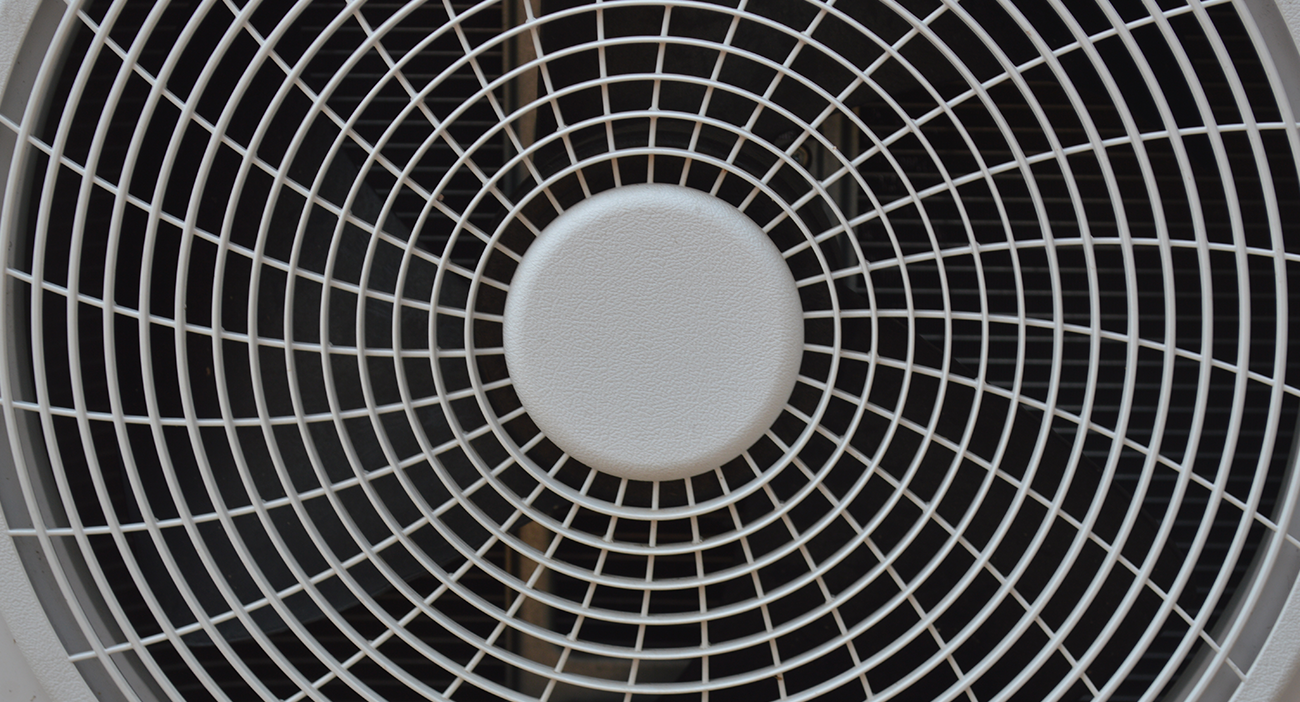
01 Nov Understanding the Essentials of HVAC Maintenance
Did you know that, according to the Environmental Protection Agency (EPA), Americans spend an astounding 93% of their lives indoors, on average? This staggering statistic sheds light on the significant impact indoor environments have on our overall well-being. Surprisingly, the EPA further asserts that indoor air quality plays a pivotal role in various respiratory and skin issues, emphasizing the critical importance of maintaining a healthy indoor environment.
Indoor pollution levels can soar to 2 to 100 times higher than those outdoors, making proper functioning and maintenance of your home’s HVAC (Heating, Ventilation, and Air Conditioning) system paramount. Therefore, hiring HVAC repair contractors to address any issues you may encounter becomes not just advisable, but essential for safeguarding your family’s health and well-being.
Ideally, scheduling HVAC service and maintenance during fall or spring is crucial for ensuring the system’s longevity and promoting a healthier indoor environment. These seasonal check-ups help identify and address any potential issues before they escalate, ensuring optimal performance and efficiency year-round.
To prolong the life of your HVAC system and prevent premature breakdowns, here are ten essential tips to follow:
- Regularly clean the areas in and around your HVAC system to prevent debris and dirt buildup, which can obstruct airflow and diminish system efficiency.
- Ensure proper installation and system settings to avoid unexpected failures and maximize energy efficiency. Improper installation or incorrect settings can lead to inefficiencies and unnecessary wear and tear on the system.
- Consult with a reputable HVAC service provider to determine the appropriate size of your HVAC system. Contrary to popular belief, bigger is not always better when it comes to HVAC systems. An oversized system can lead to short cycling, reduced efficiency, and uneven heating or cooling.
- Maintain ideal indoor temperatures of 78 degrees Fahrenheit during summer and 68 degrees Fahrenheit during winter for optimal comfort and energy efficiency. Programmable thermostats can help automate temperature adjustments and reduce energy consumption.
- Acquire knowledge about your HVAC system to facilitate troubleshooting in case of malfunctions. Understanding how your system operates can help you identify and address minor issues before they escalate into costly repairs.
- Adjust the water supply to the furnace humidifier seasonally to maintain optimal humidity levels indoors. Proper humidity levels not only improve comfort but also help prevent issues such as dry skin and respiratory irritation.
- Set registers to ensure proper airflow throughout your home. Blocked or closed registers can restrict airflow and strain your HVAC system, leading to reduced efficiency and increased energy consumption.
- Replace batteries in carbon monoxide detectors annually to ensure continuous safety monitoring. Carbon monoxide is a silent killer, and early detection is crucial for protecting your family from this odorless, colorless gas.
- Regularly lubricate moving parts to minimize friction and enhance system efficiency. Lack of lubrication can lead to increased wear and tear on components, reducing the lifespan of your HVAC system.
- Clean the condensate drain line frequently to prevent clogs caused by algae, fungus, dirt, and harmful bacteria. A clogged condensate drain line can lead to water damage and mold growth, compromising indoor air quality and system performance.
Additionally, it’s essential to acknowledge that HVAC systems have a finite lifespan, typically ranging from 15 to 20 years. Therefore, if your HVAC system approaches this age range, it may be prudent to consider investing in a new system rather than continuing repairs on the old one.
When selecting a new HVAC system, several factors merit consideration, including the square footage to be heated or cooled, construction type, shade levels, preferred indoor temperatures, insulation, and architectural features. By carefully considering these factors, you can invest in a system that meets your needs and maximizes energy efficiency.
In conclusion, maintaining your HVAC system is vital for ensuring a comfortable and healthy indoor environment. Remember to seek professional assistance from reputable HVAC repair services for any issues or concerns you may have. By following these tips and investing in regular maintenance, you can prolong the life of your HVAC system and enjoy years of reliable performance and comfort.



Sorry, the comment form is closed at this time.